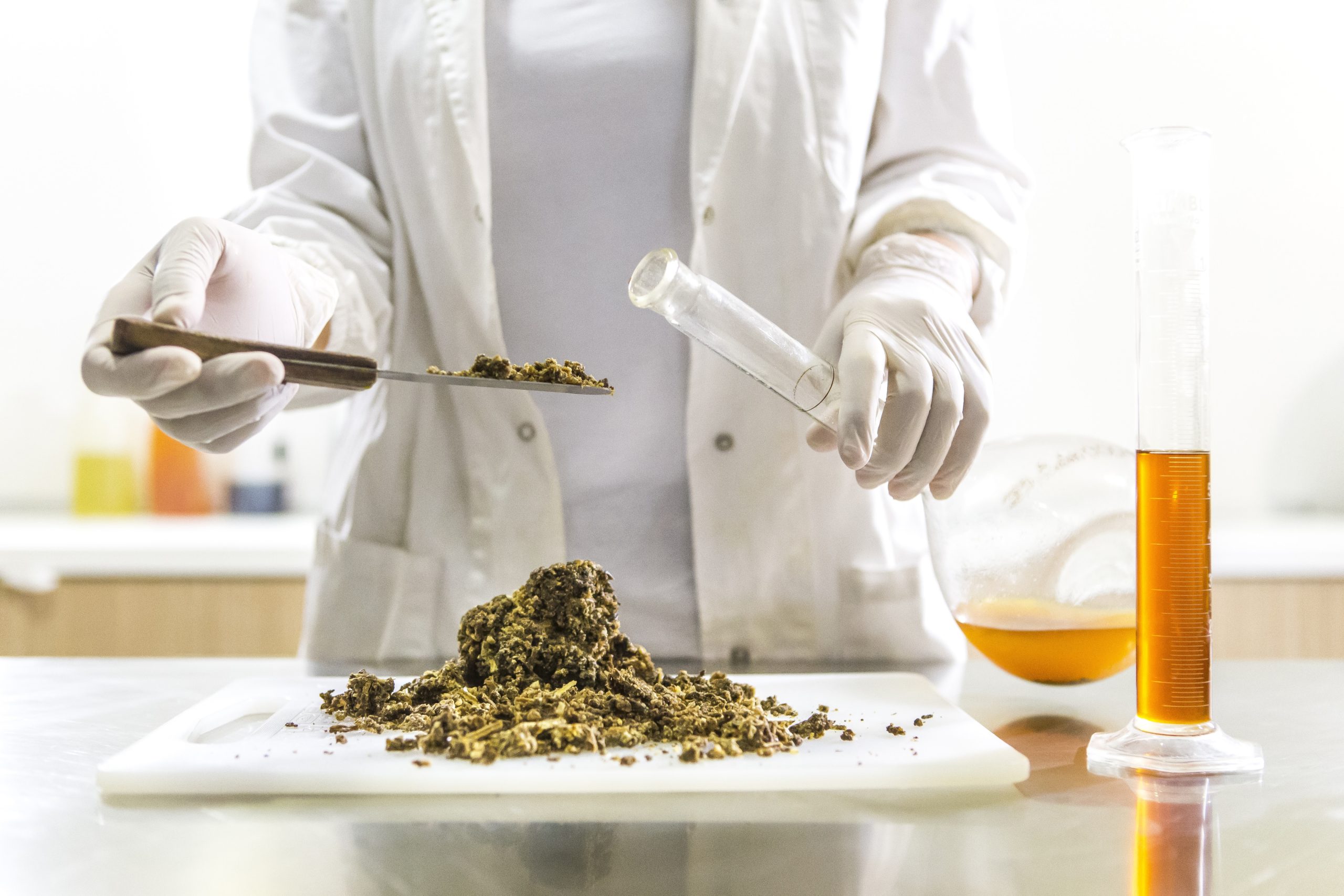
Are you tired of relying solely on medication to alleviate your inflammation-related pain? If so, you’re not alone. Many individuals are seeking alternative solutions to find relief from the discomfort they experience due to inflammation. Luckily, there may be natural remedies available to help ease your pain. In this article, we will explore the possibility of finding relief from inflammation-related pain through natural means. Discover how simple changes to your diet, incorporating specific herbs and supplements, and practicing certain lifestyle habits could potentially provide the relief you’ve been longing for. Say goodbye to constant reliance on medication and welcome the possibility of finding a more natural approach to managing your pain.

Benefits of using natural remedies for inflammation-related pain
Using natural remedies for inflammation-related pain can provide numerous benefits for individuals seeking relief. These remedies offer a reduced risk of side effects compared to pharmaceutical drugs, making them a safer option for long-term use. Additionally, natural remedies take a holistic approach to healing, addressing the underlying causes of inflammation rather than just treating the symptoms. They are also often more affordable and accessible, making it easier for individuals to incorporate them into their daily routine. Lastly, the availability of scientific evidence supporting the effectiveness of natural remedies gives individuals peace of mind knowing that they are making informed choices for their health.
Herbal remedies for inflammation-related pain
Herbal remedies have long been used to alleviate inflammation-related pain due to their potent healing properties. Turmeric is a popular herb known for its anti-inflammatory effects. It contains an active compound called curcumin, which has been shown to reduce inflammation and ease pain. Ginger is another powerful herb that helps in reducing inflammation by inhibiting the production of certain chemicals in the body. Boswellia, commonly used in Ayurvedic medicine, has been found to reduce inflammation and improve joint function. Devil’s Claw, a herb native to Southern Africa, is also known for its anti-inflammatory properties and can be used to relieve pain associated with conditions like arthritis.
Essential oils for inflammation-related pain
Essential oils offer a natural and pleasant way to manage inflammation-related pain. Lavender oil, with its calming scent, has been found to have anti-inflammatory properties and can help reduce pain. Peppermint oil is known for its cooling effect and can provide relief for sore muscles and joints. Eucalyptus oil has analgesic properties and can help alleviate pain and inflammation. Rosemary oil, with its uplifting aroma, is also believed to have anti-inflammatory properties and can be used to reduce pain and discomfort.
Dietary changes and supplements for inflammation-related pain
Making specific dietary changes and incorporating certain supplements can have a significant impact in reducing inflammation-related pain. Omega-3 fatty acids, found in foods like fatty fish and flaxseeds, have been shown to reduce inflammation in the body. Probiotics, commonly found in fermented foods and supplements, can help restore the balance of healthy bacteria in the gut, reducing inflammation and promoting overall wellness. Vitamin D deficiency has been linked to increased inflammation, so ensuring adequate intake of this vitamin can be beneficial. In addition, incorporating anti-inflammatory foods such as leafy greens, berries, and nuts into your diet while eliminating inflammatory foods like processed foods and refined sugars can help alleviate pain and inflammation.
Acupuncture for inflammation-related pain
Acupuncture, an ancient Chinese practice, is gaining recognition as an effective treatment for inflammation-related pain. This technique involves stimulating specific points on the body with thin needles to balance the flow of energy. Acupuncture is believed to activate the body’s natural healing response and regulate inflammation. Many studies have shown that acupuncture can be effective in reducing pain and inflammation, making it a promising option for those seeking drug-free relief. However, it is important to find a qualified acupuncturist who is trained and experienced in treating inflammation-related pain to ensure safe and effective treatment.
Mind-body practices for inflammation-related pain
Mind-body practices have been shown to have a positive impact on inflammation-related pain by reducing stress and promoting relaxation. Meditation, a practice that involves focusing the mind and promoting mindfulness, can help reduce inflammation and pain perception. Yoga combines gentle movements, stretches, and deep breathing exercises, which can alleviate inflammation and improve flexibility. Tai Chi, a low-impact martial art, promotes relaxation, balance, and improved joint function. Incorporating breathing exercises into your daily routine can also be beneficial in reducing pain and inflammation by promoting oxygen flow and relaxation.
Massage therapy for inflammation-related pain
Massage therapy offers a hands-on approach to managing inflammation-related pain. Different types of massage, such as Swedish massage, deep tissue massage, and trigger point therapy, can provide relief by reducing muscle tension and increasing blood flow. Massage therapy has been shown to decrease inflammation markers in the body, leading to pain reduction. Finding a skilled massage therapist who specializes in pain management can help ensure that you receive the most effective treatment. It is also important to communicate your needs and any medical conditions to your therapist to ensure a safe and tailored massage experience.
Heat and cold therapy for inflammation-related pain
Heat and cold therapy can be effective in managing inflammation-related pain and promoting healing. Heat therapy, through the use of hot packs or warm baths, helps improve blood circulation, relax muscles, and reduce pain and stiffness. Cold therapy, in the form of ice packs or cold compresses, can numb the area, reduce swelling, and minimize inflammation. Alternating between heat and cold therapy can further enhance the benefits by increasing blood flow and reducing pain. It is important to follow safety precautions when using heat or cold therapy, such as avoiding extremes in temperature and using a barrier between the skin and the heat or cold source.
Movement and exercise for inflammation-related pain
Regular movement and exercise are crucial for managing inflammation-related pain and maintaining joint health. Low-impact exercises such as walking, swimming, and cycling can improve flexibility, strengthen muscles, and reduce pain. Stretching exercises can help improve joint range of motion and reduce stiffness. Activities like yoga and Pilates combine gentle movements with deep breathing, promoting relaxation, flexibility, and strength. It is important to listen to your body and choose exercises that are suitable for your pain levels. Consulting with a healthcare professional or a physical therapist can help you create a personalized exercise plan that considers your specific needs and limitations.
Conclusion
When it comes to inflammation-related pain, natural remedies offer alternative options that are safe, holistic, and effective. These remedies provide a reduced risk of side effects, taking a comprehensive approach to healing rather than simply masking symptoms. They are often more affordable and easily accessible, allowing individuals to take charge of their own well-being. With the availability of scientific evidence supporting their effectiveness, natural remedies should be considered as valuable additions to the arsenal of pain management strategies. However, it is always important to consult with a healthcare professional before starting any new treatment regimen to ensure safety and discuss individualized options for managing inflammation-related pain effectively.




